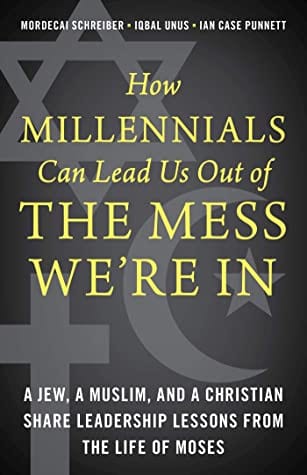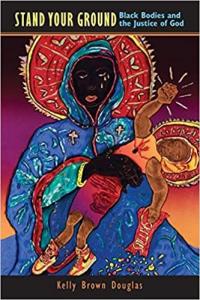The doctrine of the “perpetual virginity of Mary” is well-established within both official Roman Catholicism and Eastern Orthodoxy.

The idea is that Mary, mother of Jesus, was a virgin before the birth of Jesus, during the birth of Jesus, and after the birth of Jesus (forever and ever, amen). The assumption was that her hymen was never ruptured–neither by the travail of birth nor by sex.
It’s crazy sometimes, what theologians go on about.
The idea of the perpetual virginity of Mary goes back to the 2nd century, with theologians like Irenaeus and Origen affirming it. They believed Mary and Joseph got married, but that they never had sex–and therefore never had any children (after Jesus).
But what did they do about Jesus’ siblings? The “brothers and sisters” of Jesus mentioned in the gospels (Matt 12:46; Matt 13:55; Mark 6:3; John 2:12; John 7:3–and a few more), these theologians said, were brothers and sisters from another mother (i.e. Joseph’s previous, deceased wife from an earlier marriage).
Some theologians (i.e. Jerome) took another approach, suggesting that “brothers” (and “sisters,” presumably) really meant “cousins.”
Sounds like quite a stretch to me. On so many counts.
What’s interesting, though, is the notable Protestant theologians who affirmed the “perpetual virginity of Mary.”
Martin Luther, Huldrich Zwingli, John Calvin (though he shows some ambivalence about it), Thomas Cramner, and John Wesley, for a few.
Wesley, in an often-cited “Letter to a Roman Catholic,” wrote that Jesus was “born of the blessed Virgin Mary, who, as well after as before she brought him forth, continued a pure and unspotted virgin.”
It’s not that surprising that Luther and Calvin affirmed the doctrine, since they were among the very first Protestants. Many of the traditions and authorities of Catholicism were still very much influential on them.
The Wesley one was a little more surprising, although his Anglican background and ecumenical bent explains it partially.
Nonetheless, it’s surprising to find Protestants, for whom the “Scripture principle” trumps authority every time, affirming a doctrine that enjoys no support from the Bible.
Image Source (cropped)











